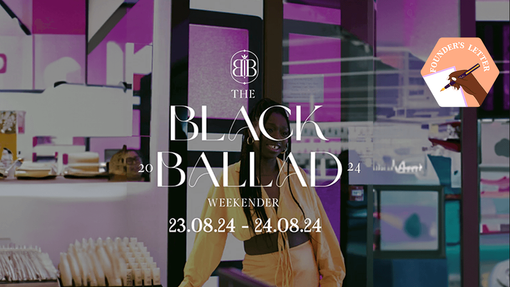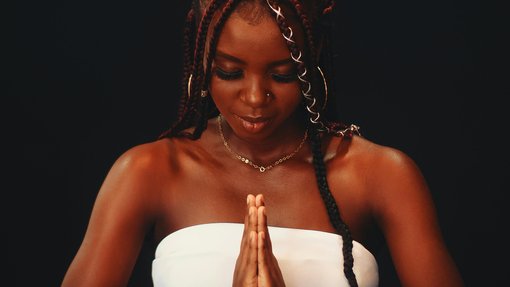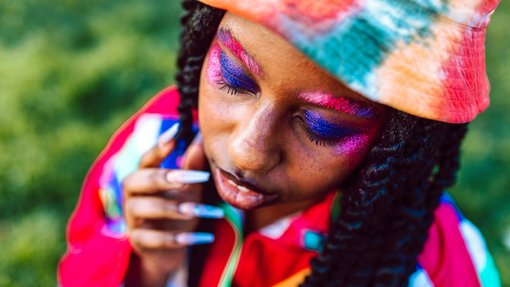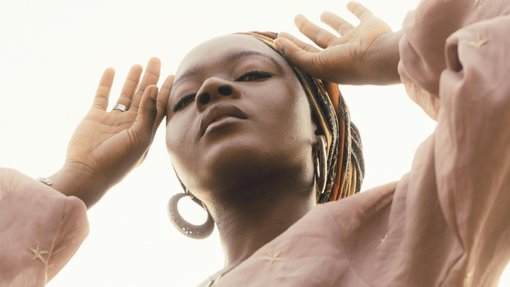Like many black women, I have watched the phenomenon of ‘Karen’ – which started as a community specific term – be appropriated by pop culture and finally reach critical mass within mainstream UK discourse when journalist Julie Bindel suggested that it was a slur.
‘Karen’ originated as a term predominantly used by black women in the USA to capture the essence of a specific type of racism often headed by white women; who’s racialised fear and distrust of black people lead to them appointing themselves agents of the State. Karens have posed as police officers and shouted at young people of colour for playing in a park. Karens have called the police on black people hosting a public barbecue legally. Karens have blocked black people from entering apartment blocks with their children based on an assumption that they are thieves. More generally, Karens have repeatedly called for the managers of employees within service industries when they are challenged on their ridiculous and flagrant demands.
‘Karen’ is the archetype of white femininity that works as an agent of white supremacy all while claiming victimhood by virtue of their womanhood. While many of the examples given here are within the context of the USA (where we see these enactments of racial and gendered privilege popularised via memes and social media), to assume that they cannot or do not exist within the UK is to truly misunderstand the complex and insidious ways in which British Karens use similar tactics against people of colour in the UK.
The Karen who abuses Aldi staff is indistinguishable in her racist actions from the Karen that abuses Waitrose staff.
Hadley Freeman’s article in the Guardian this week used a multitude of baseless associations in an attempt to present ‘Karen’ as a multifactorial slur. Her article manages to claim that the use of Karen is anti-middle age, anti-mother and anti-woman, but none of her sources make any useful attempt to reference its origins in the discourse of black people and her attempt to even make reference to people of colour missed its mark significantly.
Put simply Freeman’s article exemplifies the sorts of ways in which racial discussions in the UK are shut down by white people using notions of class and age, but more specifically exposes the ways in which white women use sexism to deflect from critiques of their gendered enactments of white privilege. To quote directly from Freeman: “People of colour should describe their experiences of racism in whatever language works for them. But women should also be free to point out when a trope has become mired in sexism.” To this I ask the same question asked by Sojourner Truth: “Ain’t I a woman?” But of course, in the eyes of Hadley and many other white feminist journalists and scholars, black women are not what they consider when they say ‘woman’.
The attempt to claim that the name ‘Karen’ is specifically about classism (as opposed to a name like ‘Freya’) is desperately disingenuous and assumes that by virtue of being a working-class name (this is disputable) its targets are working class women. This is simply untrue and harmful. This also reads like another attempt to shut down criticism of the very real and violent racism perpetuated by working class Karens.
If we want to be real, the Karen who abuses Aldi staff is indistinguishable in her racist actions from the Karen that abuses Waitrose staff. Or the Karen who complains to the council that her African neighbours are being too loud and cook smelly food is not different from the Karen who rolls her eyes at black people celebrating in her favourite restaurant. Nor is the Karen that calls the police on black boys hanging around the council estate from the Karen who reports, for the most ridiculous of reasons, people of colour for merely existing in public space.
When black feminist scholars are viciously and continuously attacked on social media platforms, where was this outcry of sexism from Hadley and her ilk?
This class-based argument for ‘Karen’ as a slur is similar to the gendered one. It doesn’t afford black people the ability to have multiple marginalisations. It presumes that our humanity exists only along racialised lines and is another means by which people like Freeman erase the complexities of who we are. You’d think with the popularity of intersectionality in theory and praxis that these harmful takes would be more scrutinised before publication, but here we are.
We must remember that names such as ‘Shaniqua’ and ‘Sharkeisha’, ‘Daquan’ and many other stereotypically “black” names have been used against working class black women and children for decades. Black working class women were continuously vilified as being “ghetto” and “ratchet” long before ‘Karen’ existed. Black women who attempt to exercise an inch of what Karens have gotten away with are racialised as “angry” and “hostile”. There was little public outcry when we were the targets. Through the images of neck-rolling, finger-clicking ‘Shaniqua’, there were few of these takes about sexism from white women, and although arguably these names and their application were the point at which a classed, racialised and gendered oppression was occurring, we as black women were not awarded the same platforms.
When black feminist scholars are viciously and continuously attacked on social media platforms, where was this outcry of sexism from Hadley and her ilk? Sexism conveniently and continuously ignores the misogynoir experienced by black women. The tears of white women – of any class – mean very little when they refuse to acknowledge the ways in which they have systematically benefited from their whiteness. Finally, as black women it is through the humour we use as a survival tool that we can tolerate how meta Hadley’s article is in how it presents the Karen through the very action of “Karenning”.
Read more from Black Ballad


Lateefah Jean-Baptiste
How Hyper-Independence Can Impact Black Women's Relationships
Thursday 25 April 2024 8:00 AM

Tobi Oredein
Founder's Letter: Dreams Come True: Presenting The BB Weekender
Sunday 21 April 2024 11:30 PM

Siya Mdingi
How To Stop Western Consumerism Tainting Our African Spiritual Journey
Friday 19 April 2024 8:00 AM


Arnell Thompson
18 Months Of Job-Hunting: 9-to-5 Life Was Not Built For Women Like Me
Wednesday 17 April 2024 8:00 AM

Tobi Oredein
Founder's Letter: How The Bedtime Routine Helps To Ease Mum Guilt
Sunday 14 April 2024 11:59 PM
